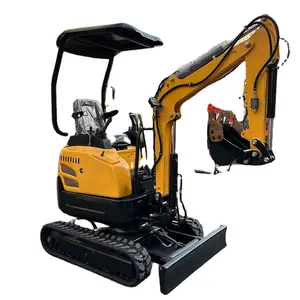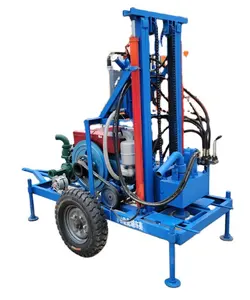Popular in your industry












Related Searches:
























Top categories
About brick and mortar
Brick and mortar is a term that refers to businesses that have a physical presence and operate in a physical location. The term is derived from the traditional building materials used for constructing physical structures. The concept of brick and mortar businesses has been in existence for centuries, with the term gaining popularity in the context of e-commerce and online business models. In the current digital era, the brick-and-mortar business remains essential, especially in industries where physical interaction is crucial for the delivery of products and services.
What are the types of brick and mortar businesses?
Brick and mortar businesses come in various forms, catering to different consumer needs and preferences. Retail stores are the most common type of brick and mortar business. They encompass a wide range of establishments, from small boutiques to large department stores. Restaurants, cafes, and other food service establishments are also popular brick and mortar ventures, providing customers with dining experiences in physical settings. Another type of brick and mortar business includes service-based establishments, such as hair salons, spas, and fitness centers, which offer in-person services to clients. Additionally, healthcare facilities, including hospitals, clinics, and pharmacies, fall under the category of brick and mortar businesses.
Advantages of brick and mortar businesses
While online businesses continue to thrive, brick and mortar businesses offer several advantages that contribute to their enduring relevance. One of the key advantages of brick-and-mortar businesses is the tangible shopping experience they provide. Customers can physically see, touch, and try products before making a purchase, contributing to a more engaging and sensory shopping experience. Furthermore, the immediate availability of products in brick-and-mortar stores allows for instant gratification, making them appealing to consumers who prioritize convenience. The physical presence of these businesses also fosters a sense of community and human connection, as customers can interact with staff and other shoppers. Additionally, brick and mortar businesses often establish a local presence, contributing to the economic growth and vitality of the communities in which they operate.
Challenges faced by brick and mortar businesses
Although brick and mortar businesses offer unique advantages, they also face challenges in a rapidly evolving digital landscape. One of the main challenges is the rise of e-commerce and online shopping, which has altered consumer shopping habits. Many customers now prefer the convenience of shopping online, posing a competitive threat to traditional brick and mortar retailers. Additionally, the costs associated with maintaining physical storefronts, including rent, utilities, and staffing, can be significant. These operational expenses can impact the profitability of brick and mortar businesses, particularly in the face of changing consumer preferences and market dynamics. Another challenge is the need to adapt to technological advancements and changing consumer expectations. To remain competitive, brick and mortar businesses must incorporate digital strategies, such as online presence and omnichannel retailing, to enhance the overall shopping experience and meet the demands of modern consumers.














